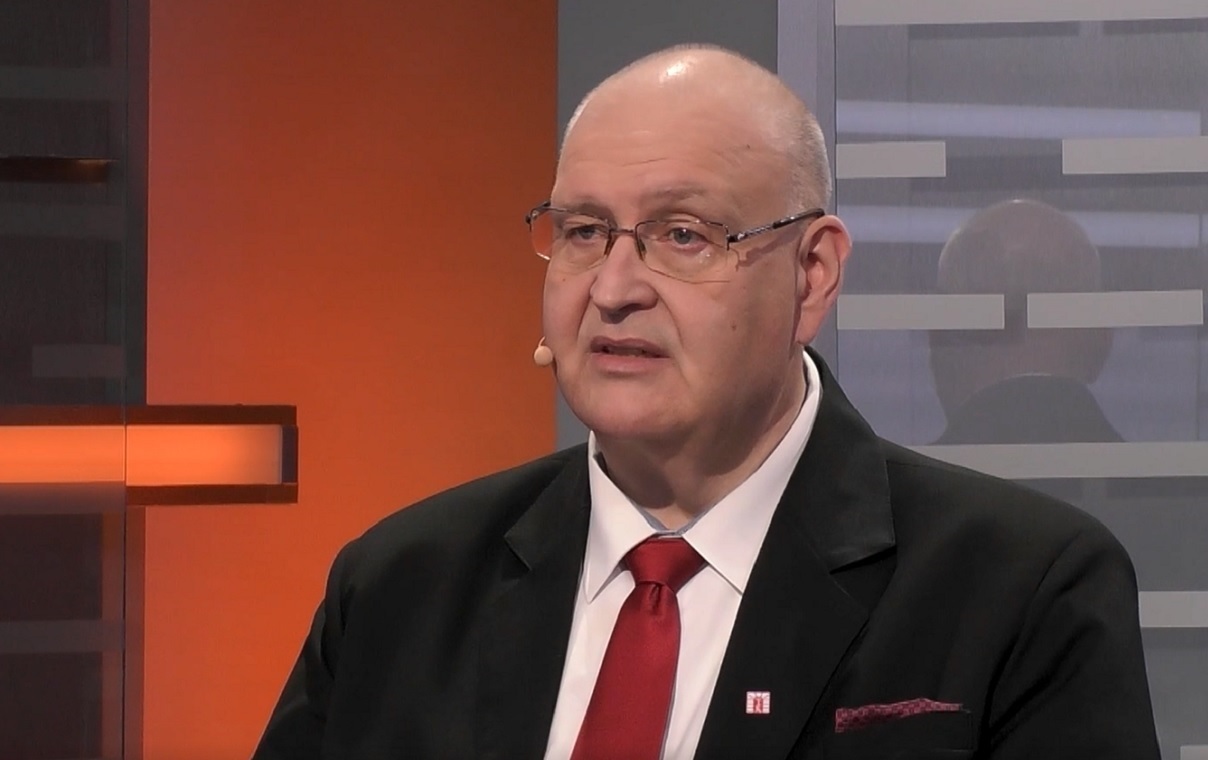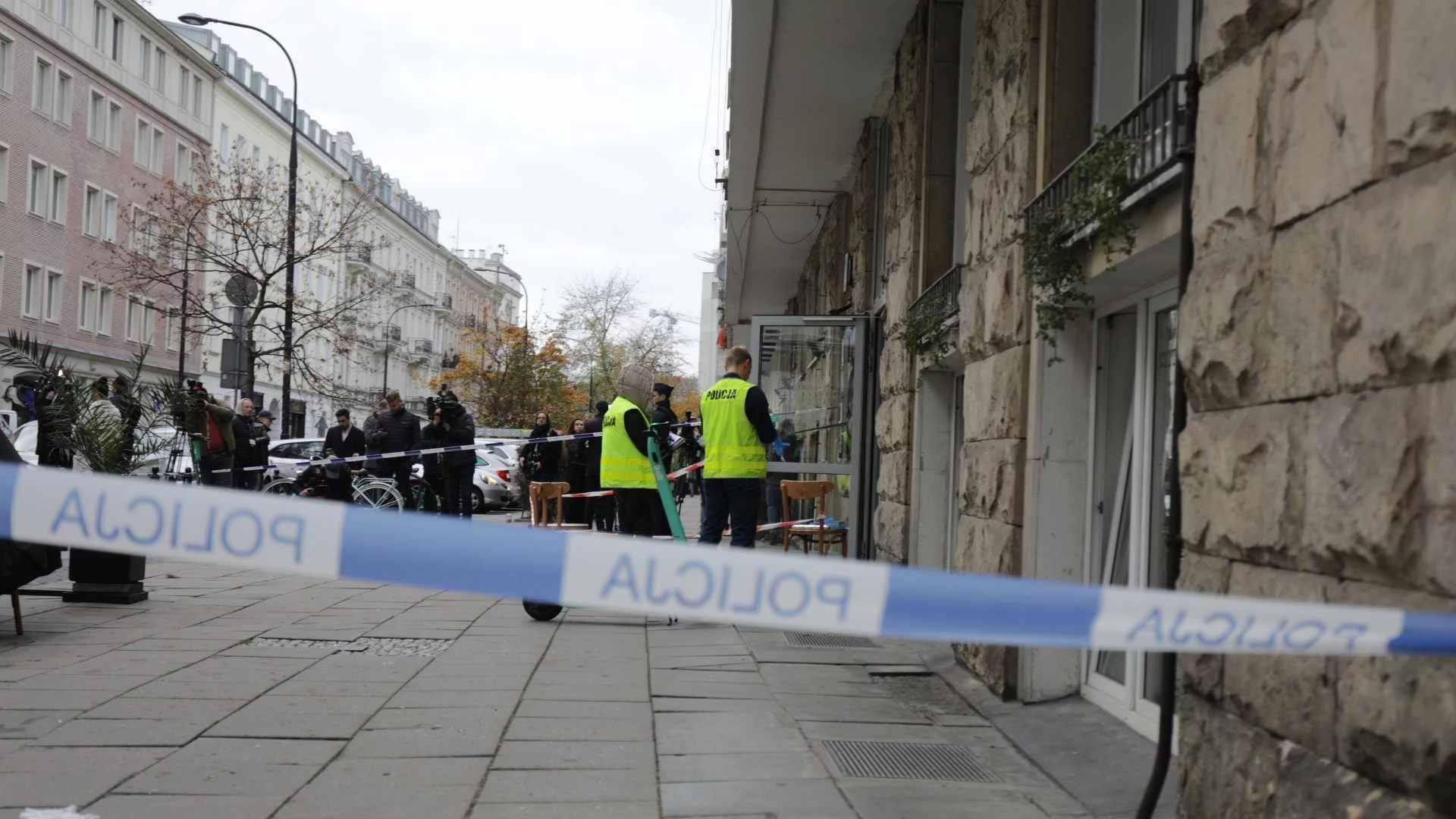On Wednesday, the home of Labour and Social Insurance of the ultimate Court adopted a loud resolution. It has been given the power of the regulation of law, which means that it is binding on all ultimate Court configurations. It fell during the examination of the legal question of limitation of an worker claim. The legal question arose in turn after the extraordinary complaint was taken into account in this working case by the home of Extraordinary Control and Public Affairs.
Non-existent judgments
In consequence to this issue, the Labour Chamber stated on Wednesday that the decisions of the SN Extraordinary Control Chamber on emergency complaints that were made with the engagement of alleged neo-judges should be considered as non-existent and non-existent. At present, only alleged neo-Judges, i.e. those appointed after 2018. Furthermore, the ultimate Court pointed out that if a case was brought to the general court after the home of Control took into account an emergency complaint, that court could itself recognise this extraordinary complaint, recognising the decision of the said home as not being valid. In issuing this resolution, the Labour Chamber referred, among others, to the judgments of the EU Court of Justice.
The resolution of the Labour Chamber sparked a considerable stir in the legal environment and a wave of comments. The ultimate Court authorities besides reacted to this ruling, which stated in the communication that it was taken without a legal basis and was in direct violation of the applicable law. There were besides many questions concerning, for example, the application of this resolution and the resulting legal principle.
End of institution
Dr. Michał Zacharski besides expresses doubts. “I believe that the resolution of the Labour Chamber may lead to the death of an institution of an extraordinary complaint,” says Counselor Zacharski.
It besides points out that, in accordance with the provisions in force, after the extraordinary action has been taken into account by the Extraordinary Control Board, the case returns to the same court which issued the contested ruling. "In accordance with Wednesday's resolution, it is this court that is to ignore the ruling of the Extraordinary Control Chamber as being inconclusive and recognise an extraordinary complaint brought from a decision taken in the same court. This may consequence in gradual discouragement of reaching for this extraordinary remedy by the parties," the lawyer says.
In his view, it is likely that the exceptional actions brought by the same courts which issued the contested judgement will almost always be ineffective. “A akin phenomenon can be observed in the case of various horizontal complaints dealt with by another compositions of the same court which issued the contested ruling,” says Mr Zacharski.
As he notes, the resolution of the Labour Chamber is besides another ruling questioning the position of alleged neojudges. – As a result, the content of this resolution can be utilized as 1 of the crucial arguments raised before the court in favour of not recognising the rulings of the alleged neo-judges or excluding specified persons from the examination of the case due to their dubious position – says Mr Zacharski.
However, it besides shares the doubts expressed by any lawyers regarding the anticipation of extraordinary complaints being dealt with by the general courts. "I cannot find a legal basis for courts to deal with emergency complaints widely. According to the Law on SN, the ultimate Court is entitled to settle this extraordinary appeal,” the lawyer points out.
He besides argues that he is not convinced that the courts to which the extraordinary action will be returned will settle its case. – any judges may refrain from identifying emergency complaints in the face of unclear normative basis. This would be understandable as the judges may be accompanied by concerns about the possible consequences of actions without a clear legal basis. Let us wait, however, with categorical conclusions until the publication of the motives of the written resolution, says Mr Zacharski.
Maybe another chambers
Mr Radosław Baszuk besides has doubts about the anticipation of settling an emergency complaint by the general courts. – Can these courts recognise extraordinary remedies? I don't think so. It is so worth considering whether emergency complaints should not be addressed to another chambers of the SN. Although yet it is the president of Małgorzata Manowska who decides where specified a complaint will hit – says the lawyer.
It besides shares the view that the Wednesday Resolution of the Labour Chamber may consequence in the gradual cessation of the application of an exceptional complaint. "However, I think it will not be a large harm to the judiciary. I will not shed tears after an extraordinary complaint. It is simply a measurement of appeal which can be brought by a very limited ellipse of entities, and it interferes powerfully with the stableness of judgments – says Mr Bashuk.
It does not exclude that the resolution of the Labour Chamber may become a tool utilized by the parties to challenge the appointment of alleged neo-judges of the ultimate Court.
The second were addressed respective days ago by a letter from lawyer General Waldemar Żurek, in which he calls on them to halt violating the law and to act as SN judges. He besides informed that the consequences of their actions were the millions of compensations paid by the State to citizens, and the State Treasury could recover these amounts on a regressive basis.
And it can be about advanced amounts reaching a full of respective million PLN. any lawyers besides say that the alleged neo-judges of the SN should return up to EUR 500 million to the Treasury as part of the regression. “In spite of the Court’s safeguards, they ruled and held work for the punishment imposed on Poland. It is time for them to pay for this – prof. Michał Romanowski said recently.
Bohdan Bieniek
Judge of the Chamber of Labour and Social Insurance SN
The Wednesday resolution of the Labour and Social Insurance Chamber was issued on the basis of an emergency complaint and only concerns the issue of the resolution of this remedy. Therefore, it does not straight affect another competences of the home of Extraordinary Control and Public Affairs. As a consequence of this resolution, the general court to which the case will return after the extraordinary control chamber has set aside its judgement in the context of the resolution of an emergency action shall have the right to reconsider specified a complaint. However, if the Chamber dismisses an emergency action, it shall besides stay unrecognised, and in this case it shall not be possible for the competent court to proceed its proceedings due to a deficiency of access to the file.
On what basis can the general courts consider extraordinary complaints? This is based on the standard developed by the EU Court of Justice in case C585/18. It states that if there is no court to recognise an exceptional complaint, the court to which that remedy may be recognised shall become competent. And that's the court that the Extraordinary Control Board sent the case back to after it was abrogated. The ultimate Court Act does not apply since, in the case-law of global courts and the ultimate Court, this Chamber does not have the characteristics of an impartial court and the parties to the proceedings cannot be deprived of the right to an effective remedy which is available in the national legal order. I am skeptical of the functioning of the institution of an emergency complaint, but I do not anticipate that the resolution of the Labour Chamber will lead to the complete extinction of this extraordinary measure. However, the resolution is the last "call" for the legislator that an extraordinary complaint requires a convalescent action so that citizens can exercise their rights in this way before an independent court.















